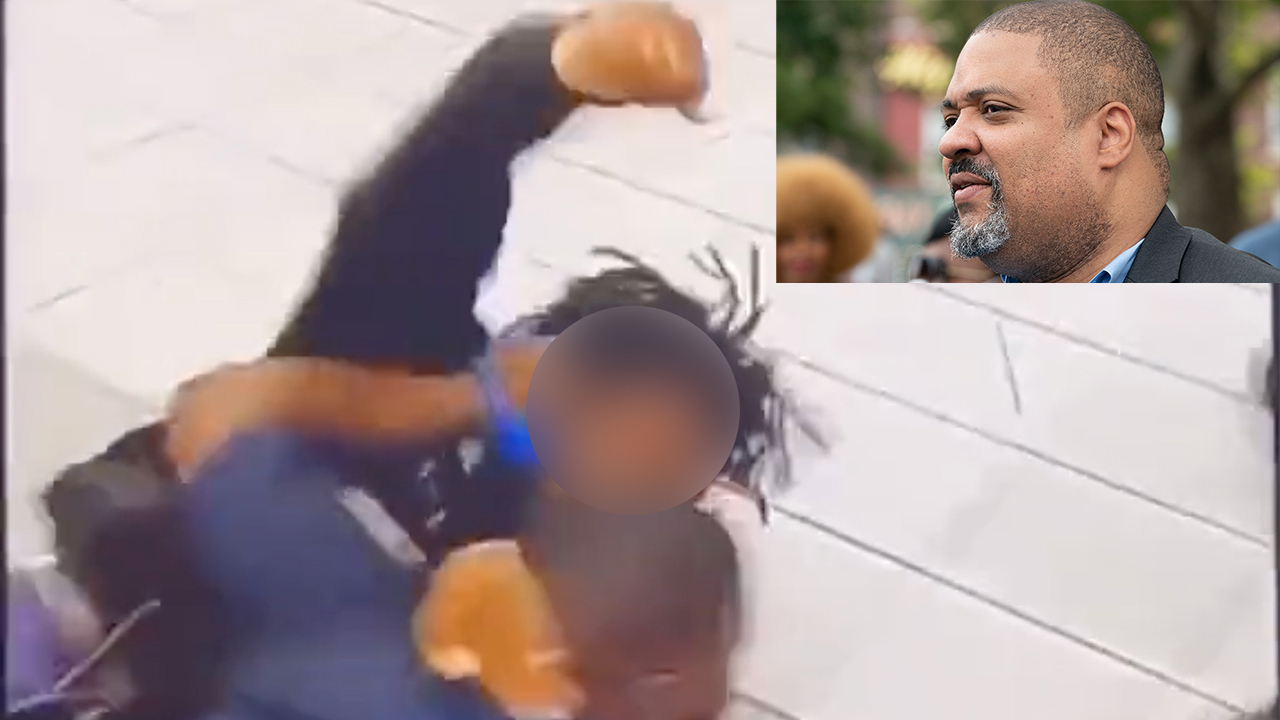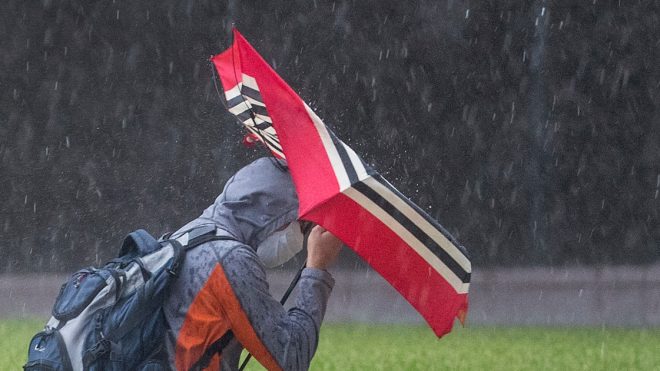In his argument with the Justice Department over documents taken from his Mar-a-Lago estate, former President Donald Trump lost Thursday when the Supreme Court rejected his request to enable a special master to review secret documents.
In a succinct written order, the judges rejected Trump’s relatively limited emergency request. No disagreements were found.
The Justice Department’s access to the same materials as part of a criminal investigation is unaffected by the decision. The 11,000 records that federal officials collected in August amid suspicions that Trump had illegally retained official White House records after he left office are only a small portion of the more than 100 items categorized as confidential.
The Supreme Court upheld a portion of the 11th U.S. Circuit Court of Appeals’ ruling from September 21 that prohibited federal judge Raymond Dearie, the special master, from scrutinizing the records. The specific portion of that decision enabling the Justice Department to utilize the documents had not been challenged by Trump.
According to the appeals court, certain documents are labeled classified because they contain information that could jeopardize national security, and as a result, only those who truly require the information can view them.
Trump’s attorneys claimed that the special master’s ongoing, urgent work is significantly hampered by the decision to deny Dearie access. The public’s trust in our legal system, they claimed, is undermined by any restrictions placed on the thorough and open study of the information acquired in the extraordinary raid on a president’s residence.
On behalf of the Justice Department, Solicitor General Elizabeth Prelogar stated in court records that Trump would not be harmed in the slightest if the materials were temporarily kept from the special master. Prelogar said Trump had no solid defenses for his alleged ownership interest in the materials, including any claims of executive or attorney-client privilege.
After the government searched his Florida residence in August, Trump filed a lawsuit against it, requesting the appointment of a special master to analyze the documents and to stop the government from utilizing the documents in a criminal investigation.
According to federal law, when a president leaves office, all official White House papers must be turned over to the National Archives. Trump demands that Dearie ascertain the status of any documents marked classified, claiming that he done nothing wrong. Although whether or whether the documents are classified is a different issue from the legality of his retention of presidential records, Trump has claimed that he has the authority to declassify them at anytime.
Trump has not recently fared well in other such emergency applications, including his attempt to prevent White House documents from being handed over to the House committee looking into the Jan. 6, 2021, attack on the U.S. Capitol and his bid to avoid disclosure of his financial records to prosecutors in New York. The Supreme Court has a 6-3 conservative majority, including three justices he appointed.













